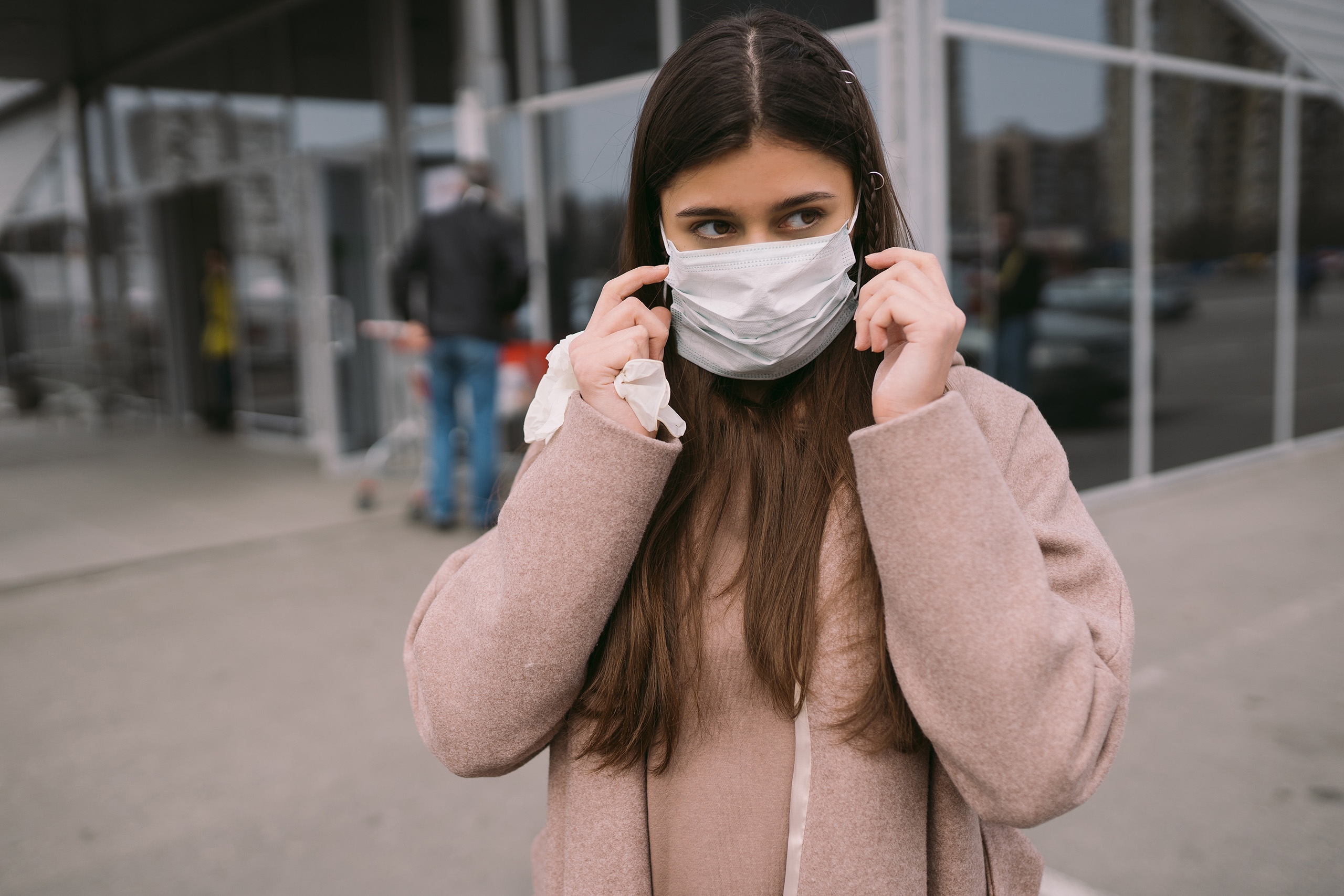Master Monsoon Health: Don’t Rain on Your Parade
Monsoon season paints a beautiful picture of rain-soaked landscapes and misty horizons and ushers in significant environmental changes. The rise in humidity and fluctuations in temperature can impact our health in various ways.
As we experience these atmospheric shifts, adjusting our diet and exercise regime becomes crucial. Adapting our lifestyle habits safeguards us against monsoon-related ailments and helps us enjoy this enchanting season to the fullest.
This blog will equip you with effective tips for modifying your diet and fitness routine during the rain.
Why is tweaking your diet and exercise plans necessary during monsoons?
Before we head to “why you should tweak,” let’s clear one thing. Everyone is different; what works for one person may not necessarily work for another. It’s always recommended to consult a healthcare professional or a nutritionist for a personalised diet and exercise plan.
1. Why should you tweak your diet during monsoons?
During the monsoon season, the humidity in the atmosphere increases, leading to various digestive and health issues. Tweaking your diet is vital to boost immunity, maintain digestive health, and prevent monsoon-related illnesses.
This season sees a surge in water-borne diseases and infections; hence, including nutrient-rich foods that strengthen immunity can help ward off these ailments. Monsoons also tend to slow down metabolism and digestion. Including easily digestible food, rich in fibre and probiotics, supports digestive health. Consuming fresh, seasonal fruits and vegetables is beneficial as they contain essential vitamins and antioxidants.
2. Why should you tweak your exercise schedule during monsoons?
Adapting your exercise routine during monsoons is important due to various factors.
Firstly, the weather conditions make outdoor activities like running or cycling challenging, even unsafe at times due to slippery surfaces and reduced visibility.
Secondly, the humidity during monsoons can affect your body’s ability to regulate its temperature effectively, increasing the risk of overheating or dehydration during intense workouts. It becomes crucial to modify the intensity of workouts and stay well-hydrated.
Finally, consistent physical activity is essential to keep the metabolism active, especially since monsoons can induce a state of lethargy and a propensity for fried comfort foods. Tweaking your exercise routine to align with these changes can ensure you stay fit, active, and healthy during the monsoon season.
How to adjust your diet for the monsoon season?
During the monsoon season, consuming foods that strengthen the immune system, are easy to digest, and help maintain your overall health is crucial. Here’s a list of monsoon-friendly foods:
But let’s be honest. It might be tempting to indulge in different varieties of foods which aren’t healthy during monsoon. Definitely, we can’t stop you all the time.
So, the next time when you’re dining out during the monsoon season, a bit of caution can ensure you enjoy your meal without compromising on health.
Here are a few tips:
- Opt for Cooked Food: Stick to hot, cooked dishes instead of raw salads or cold sandwiches, as the latter might be washed or prepared with unfiltered water. Steaming hot food is less likely to harbour bacteria or viruses.
- Avoid Street Food: As tempting as it may be during the rains, street food is best avoided as you cannot ensure the hygiene standards, or the water quality used.
- Choose Grilled or Roasted Dishes: Opt for grilled or roasted foods rather than deep-fried snacks. These are healthier and less likely to cause digestive issues common during the monsoons.
- Hydrate Wisely: If you order a drink, ensure it’s a bottled or purified option. Avoid juices made with tap water or beverages with ice of unknown purity.
- Choose Reputable Restaurants: Dine at places known for their quality and hygiene standards. Reviews and ratings can be helpful indicators of this.
- Watch Your Portions: During monsoon, our physical activity may decrease, and our metabolism may slow down. So, be mindful of your portion sizes to prevent overeating.
Things to Remember: Tips to Avoid Foodborne Diseases
- Water Quality: Always ensure the water is purified or boiled, as monsoon is the peak time for water-borne diseases.
- Proper Food Storage: Ensure your food is stored correctly and refrigerated to avoid bacterial growth.
- Thoroughly Wash Fruits and Vegetables: Wash fruits and vegetables thoroughly in clean water, preferably with a few drops of vinegar or baking soda to remove any external contaminants.
- Cook Food Well: Ensure food, especially non-vegetarian items, is well-cooked to kill bacteria or pathogens.
- Avoid Raw Foods: During the monsoon, avoid raw foods like salads and juices from outside as they have a high chance of carrying germs and viruses. It’s safer to eat cooked food.
Always remember maintaining personal hygiene, like washing your hands before eating or cooking, is equally important to prevent foodborne diseases.
How to adjust your exercise plans for the monsoon season?
Monsoons can make outdoor workouts difficult, but you can still stay active. Here are a few indoor workout ideas:
Safe Outdoor Exercise Options During Monsoon:
Outdoor workouts during monsoons require extra caution. Here are a few safe options:
- Walking/Running: If the weather permits, walking or running can be beneficial. However, ensure that the ground is not slippery and that you have the proper footwear to prevent injuries.
- Cycling: Cycling can be a great workout only when it’s safe. Make sure you have proper rain gear and choose a safe path.
Remember, listening to your body and avoiding overexertion during any workout is essential. If you’re new to exercise or have health concerns, consult a healthcare or fitness professional before starting any new workout routine. While switching up your diet and exercise plan during the monsoons is important for your overall well-being, it is equally crucial to prioritise vaccinations as a preventive measure.
Let’s explore the importance of vaccinations during monsoons.
As the monsoon season arrives, it brings relief from the scorching heat and rejuvenates the environment. However, along with the refreshing showers, this season also brings its fair share of health risks.
To ensure your well-being during the monsoons, it is crucial to prioritise your health by taking necessary precautions, including vaccinations. Here’s how it helps:
- Prevention of waterborne diseases: Monsoons create an ideal environment for the proliferation of waterborne diseases like cholera, typhoid, and hepatitis A. Vaccinations can provide crucial protection against these illnesses, reducing the risk of infection and potential complications.
- Protection against mosquito-borne diseases: Mosquitoes thrive during the rainy season, increasing the transmission of diseases such as dengue, malaria, and chikungunya. By getting vaccinated against diseases like dengue and taking appropriate preventive measures, you can significantly reduce the chances of contracting these illnesses.
- Boosting overall immunity: Monsoons are notorious for seasonal flu and common cold outbreaks. Vaccinations such as the influenza vaccine can help boost your immune system and protect you from respiratory infections, minimising the chances of falling ill.

Conclusion
Navigating the monsoon season healthily requires an adaptable diet and fitness routine. You can enjoy the season without compromising your health by integrating monsoon-friendly foods into your meals and reshaping your workout regimen.
The key lies in striking the right balance. So, embrace these adjustments, and let the monsoon season be an enriching, revitalising period for your overall well-being.





